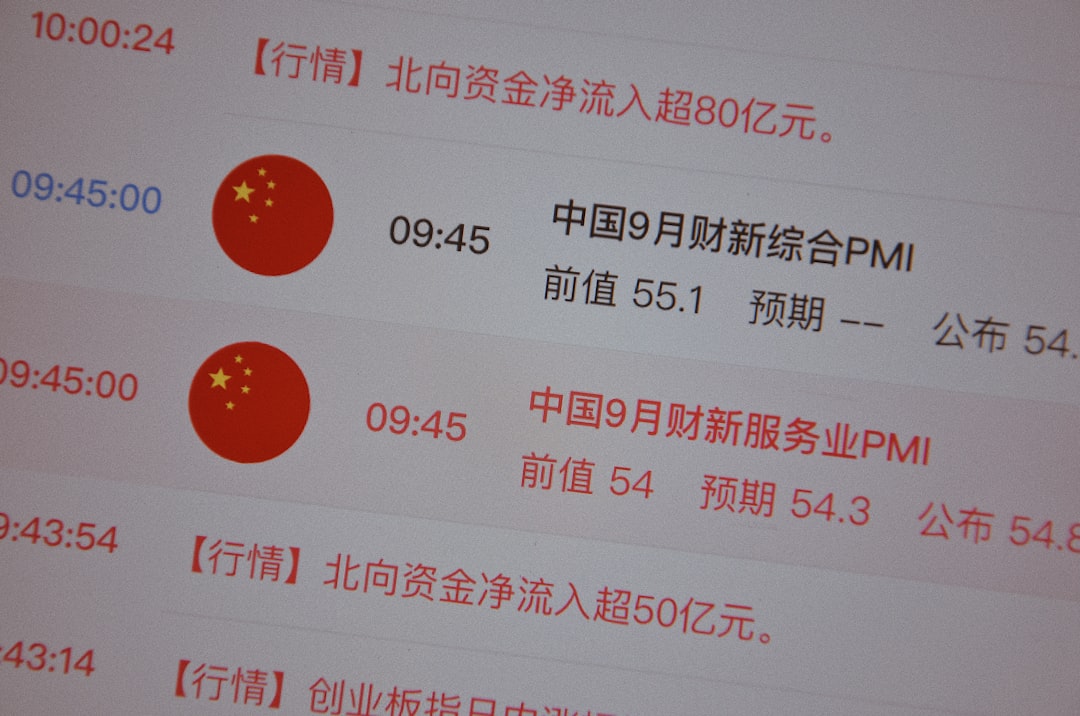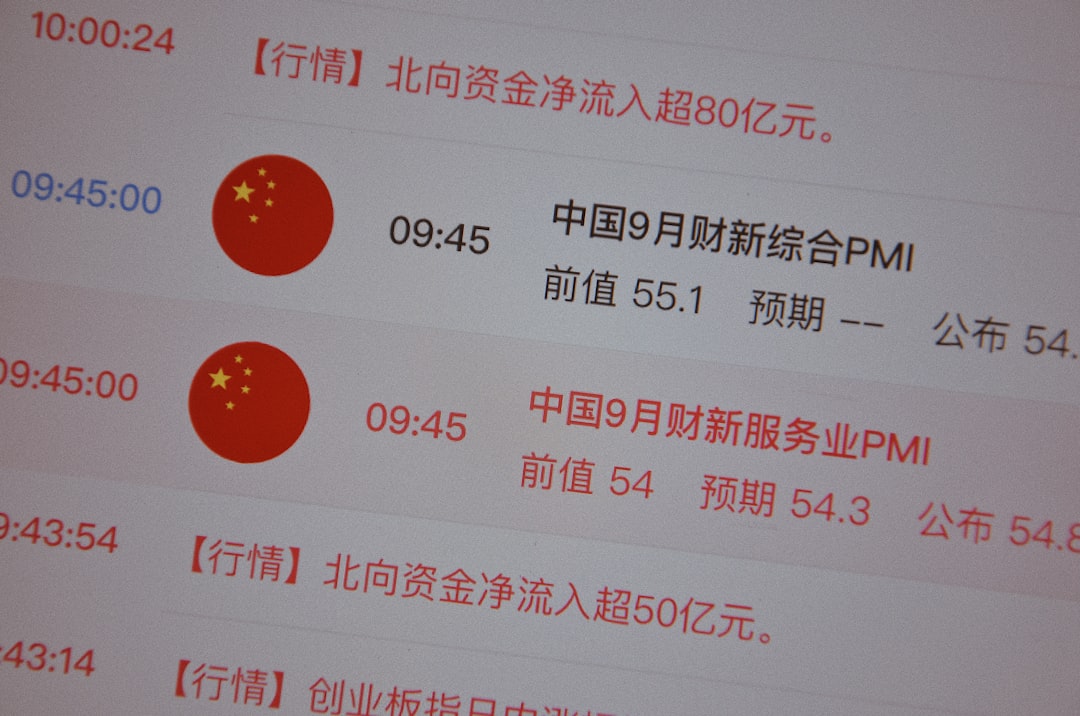China’s internet landscape is unique among global powers. The country maintains one of the most heavily surveilled and regulated digital environments in the world. With strict controls implemented across internet use, one notable restriction stands out to many foreign visitors and observers: the government’s strong stance against the use of Virtual Private Networks (VPNs). While VPNs are commonplace in many parts of the world, allowing users to browse privately or access blocked content, their use in China is often illegal without government approval. Understanding the reasons for this restriction requires examining factors ranging from national security and information control to economic interests and sovereignty.
The Role of the Great Firewall
China’s internet censorship system, known globally as “The Great Firewall”, is a cornerstone of its strategy to control the flow of information online. This firewall operates by intercepting and filtering content between Chinese users and the wider global internet. Popular platforms such as Google, Facebook, YouTube, and many Western news sites are routinely blocked.
VPNs undermine this firewall by allowing users to tunnel through it, encrypting their internet traffic and making blocking or monitoring much more difficult. As such, they pose a direct threat to the core infrastructure of internet regulation that the Chinese government has spent decades building and refining.

Why China Does Not Allow VPNs
There are multiple reasons behind China’s decision to take a hard stance against VPN usage:
1. Information Control & Political Stability
The Chinese government places a high premium on maintaining social harmony and political stability. Officials argue that unfiltered access to external platforms and information could undermine national cohesion and spread politically sensitive materials. This includes content related to:
- The Tiananmen Square protests of 1989
- The status of Taiwan and Tibet
- Criticism of the Chinese Communist Party (CCP)
- Human rights violations and reports from foreign organizations
VPNs provide access to information that Chinese authorities would prefer to keep out of their citizens’ reach. They fear that unregulated access could lead to social unrest or the spread of ideologies counter to the state agenda.
2. Sovereignty and Digital Governance
Chinese officials often cite the concept of “cyber sovereignty” — the idea that each nation has the right to govern the internet within its borders according to its own laws and values. In Beijing’s view, filtering foreign platforms, services, and content is a legitimate expression of national sovereignty.
Allowing VPN usage on a wide scale would compromise China’s authority over its own digital future. It would shift control into the hands of external organizations, many of which are based in countries with opposing political and ideological systems.
3. National Security Concerns
Another key factor is the threat VPNs pose to national security. Encrypted communications over VPNs can be used to hide criminal activity, coordinate dissent, or even facilitate foreign interference. Chinese authorities have long claimed that unregulated online behavior can jeopardize the safety of the state and increase vulnerability to cyberattacks and espionage.
The state is particularly wary of the use of VPNs by:
- Dissidents and political activists
- Foreign journalists
- Non-governmental organizations
- Pro-democracy movements
By eliminating these encrypted channels, the government believes it can better monitor and control potentially destabilizing forces.

4. Economic and Tech Industry Interests
China has nurtured a massive digital economy, now home to some of the world’s largest tech companies like Tencent, Baidu, and Alibaba. The domestic internet market has been *protected* from external competition through censorship and legal restrictions like those on VPNs.
Blocking access to foreign platforms benefits domestic businesses. It drives users to locally approved services and apps, thereby bolstering China’s tech sector and increasing government control over data and user behavior. If VPNs were freely available, consumers might turn to global alternatives, undermining these strategic economic advantages.
5. Controlling the Narrative
In the digital age, information is power. Governments that can control narratives can shape public opinion, cultural identity, and social values. For the Chinese Communist Party, these tools are crucial to maintaining authority. The use of VPNs threatens to dilute this control by exposing citizens to contradictory perspectives, particularly those critical of the CCP or the Chinese government.
This concern is magnified during sensitive events such as:
- National elections in Taiwan or Hong Kong
- The anniversary of the Tiananmen Square protests
- Pro-Democracy movements globally
- Geopolitical tensions with Western countries
The state needs to tightly manage what information is accessible, especially during periods of potential volatility or embarrassment on the global stage.
What the Law Says
China’s crackdown on VPNs is not just informal policy. It is backed by law. These include the Cybersecurity Law of 2017 and various directives from the Ministry of Industry and Information Technology (MIIT).
Under these regulations:
- Only government-approved VPNs are legal for businesses and foreign organizations.
- Individual usage of unauthorized VPNs is subject to fines and possible arrest.
- Telecommunication companies are required to detect and report VPN traffic.
In recent years, Chinese authorities have prosecuted individuals and startup developers for distributing unauthorized VPN services. Some have faced serious jail sentences, highlighting how seriously the government treats such violations.
Impact on Individuals and Foreigners
The enforcement of VPN restrictions puts both Chinese citizens and international visitors in a complicated situation. While many expats rely on VPNs to access email, work platforms, or news, usage without proper authorization carries legal risks.
For locals, especially academics, students, and entrepreneurs, the inability to freely connect with the outside world can be frustrating. It limits:
- Access to cutting-edge research and technology
- Opportunities for global collaborations
- Information diversity for education and career development
Nonetheless, these restrictions are often perceived as a price to pay for state stability and continued economic growth under a tightly controlled information regime.
Conclusion
China’s restriction of VPN use is deeply tied to its broader approach to governance, national security, and digital diplomacy. While the rest of the world often views internet access and openness as fundamental freedoms, China considers them *conditional privileges*, subject to the legal and ideological framework established by the state.
Whether or not one agrees with this approach, it is difficult to dispute that China has created a functioning internal internet ecosystem. However, it comes at the cost of openness and privacy. For the foreseeable future, the use of VPNs will remain a tightly controlled activity in the country, reflecting a broader struggle over the future of cyberspace and who gets to control its limits.
